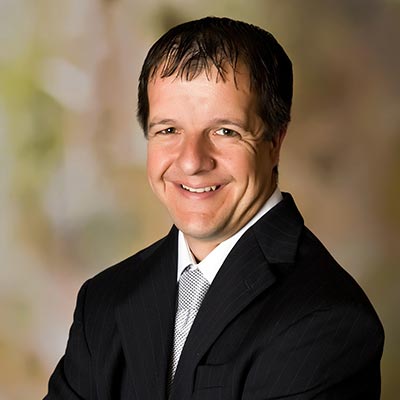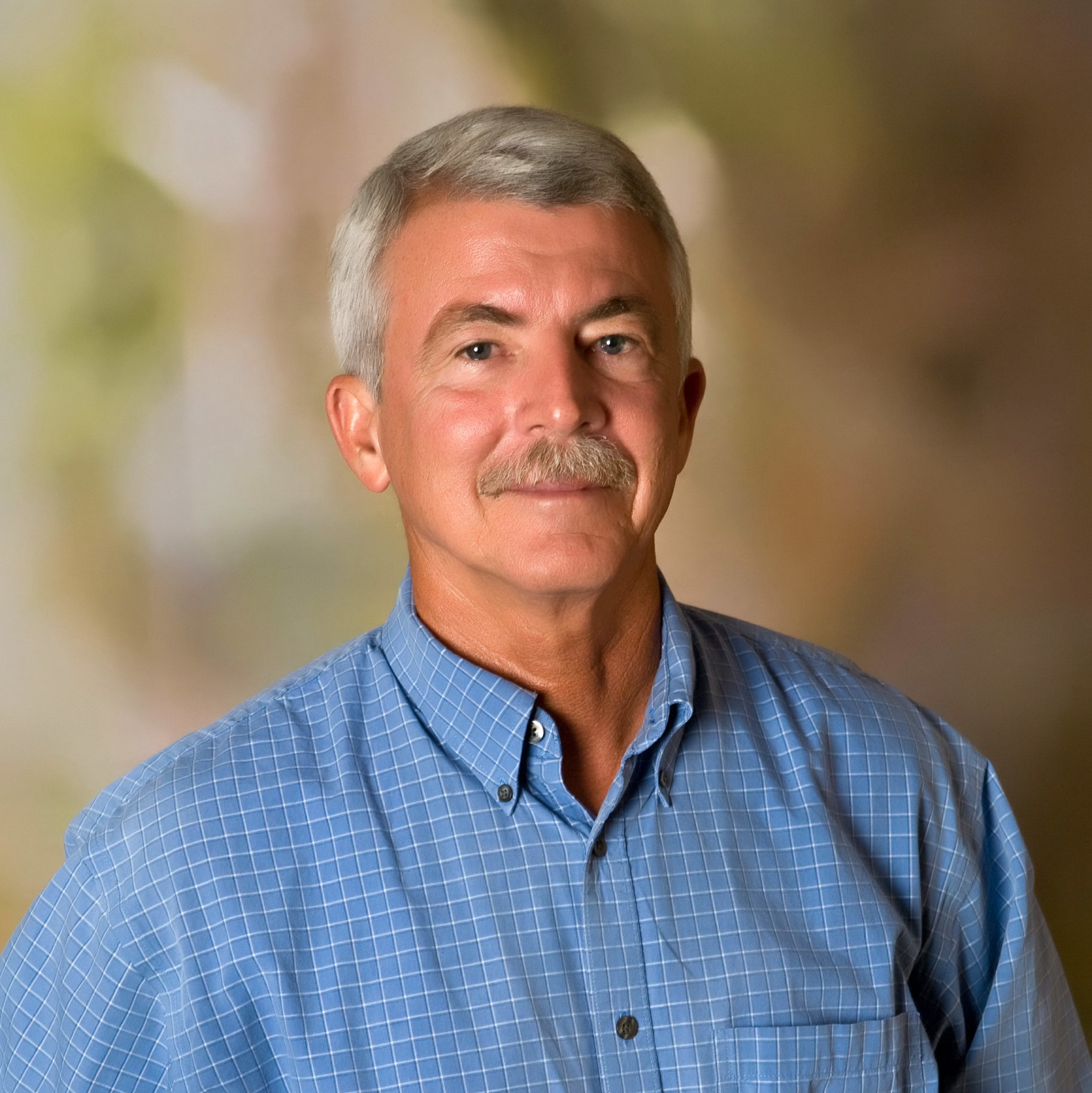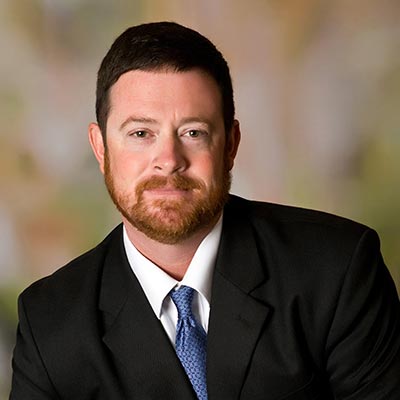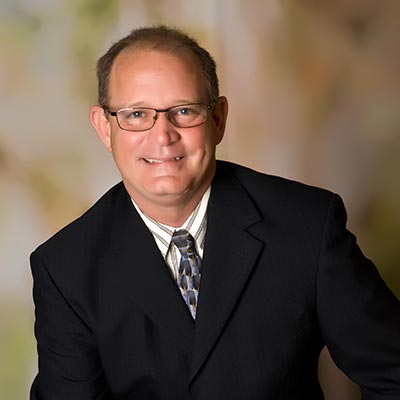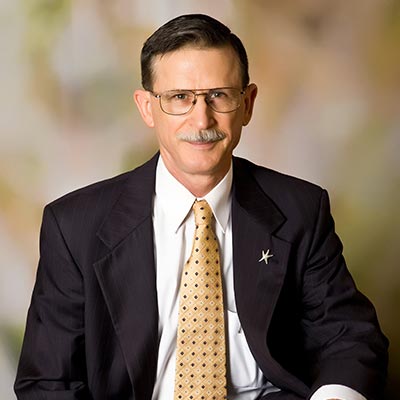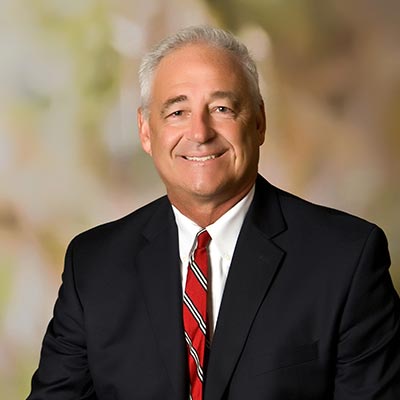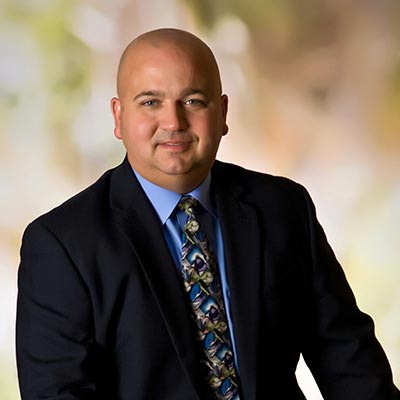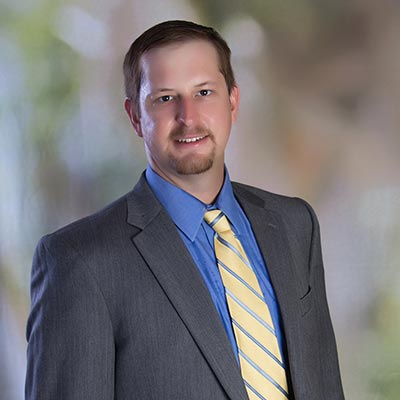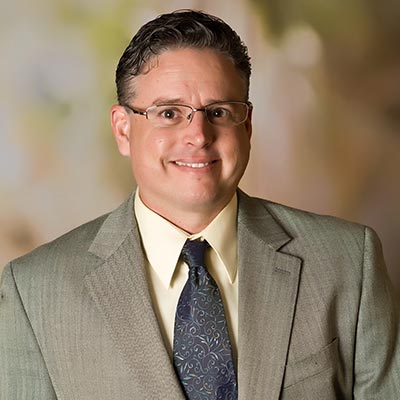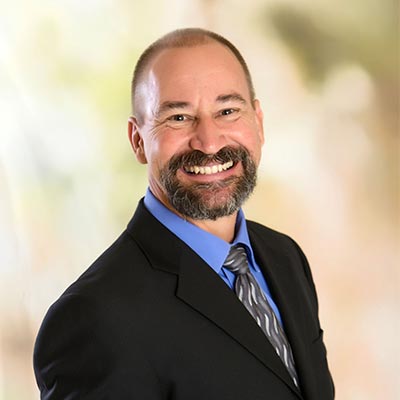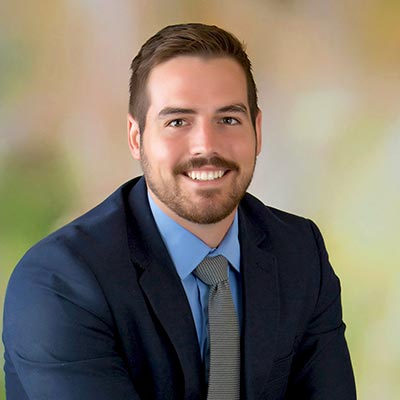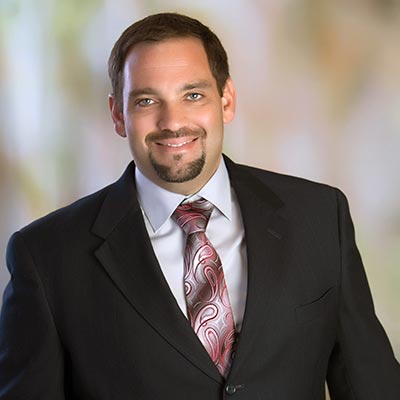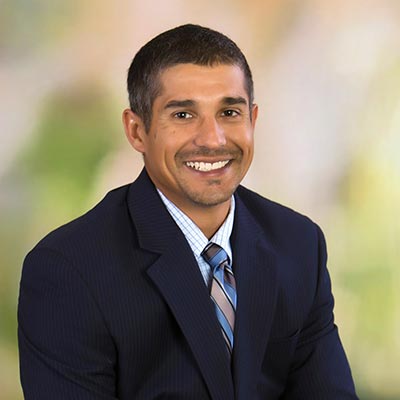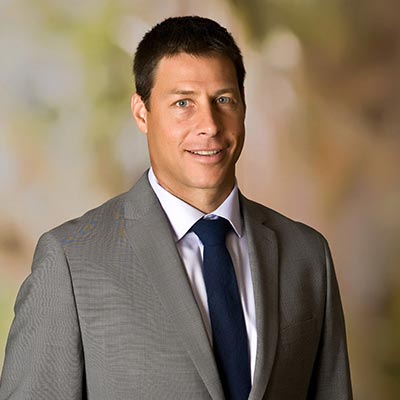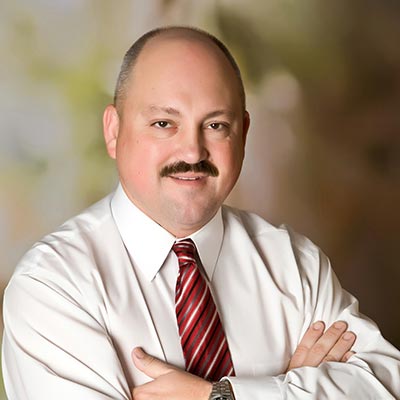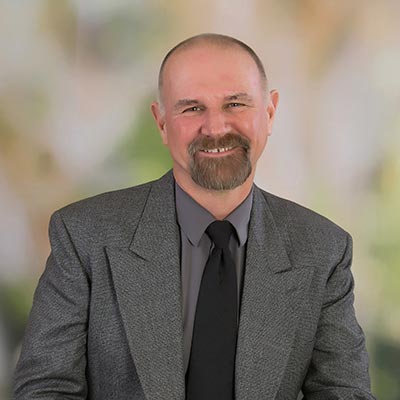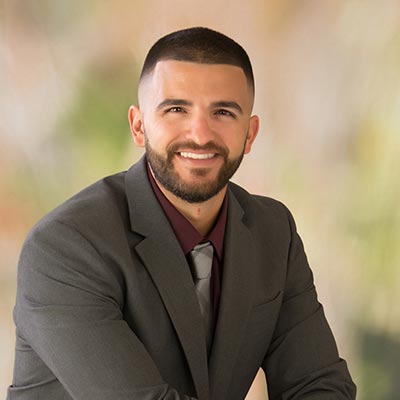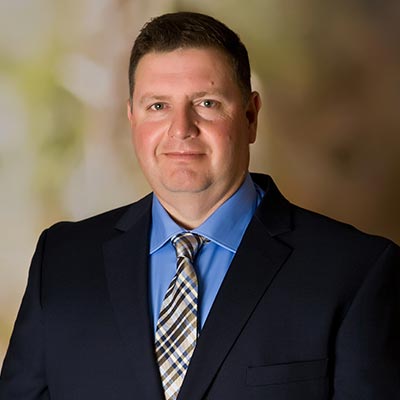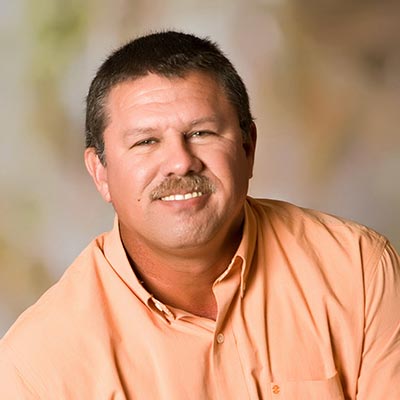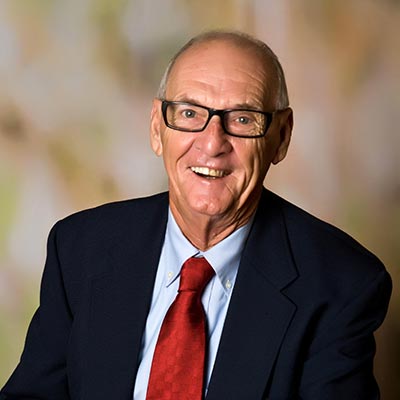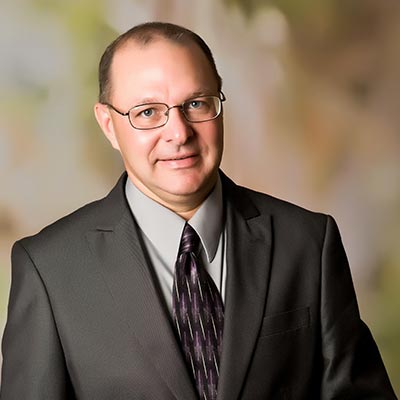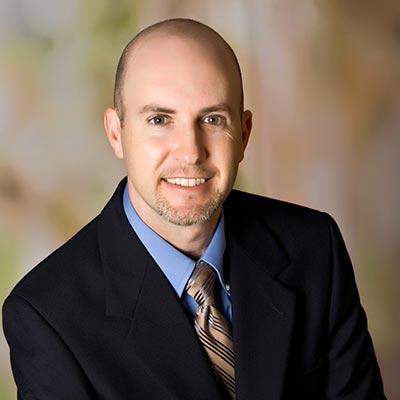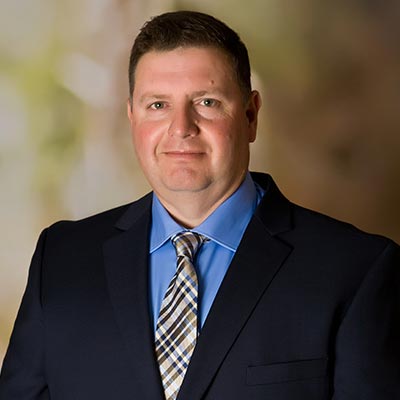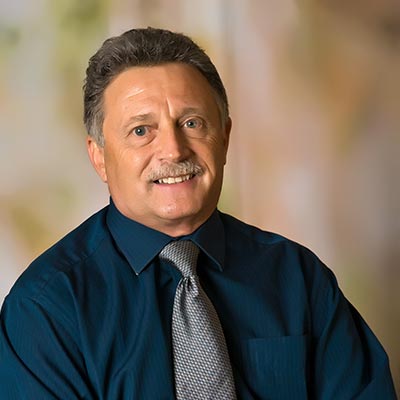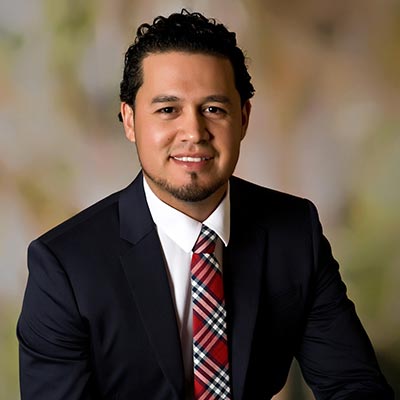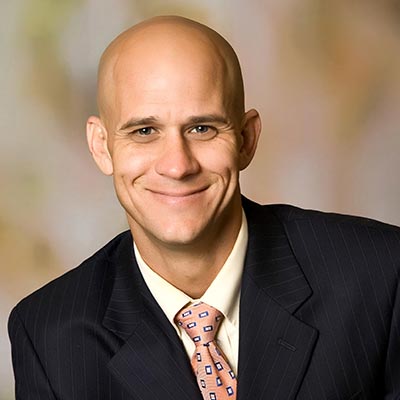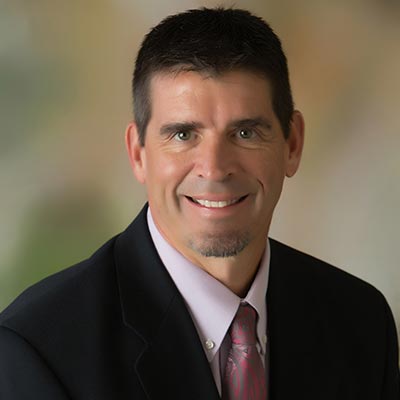This November, a new proposed amendment will be on the Florida ballot, Amendment 4, also known as ‘Home Town Democracy’, a misleading name created by supporters to entice the public to feel empowered to make decisions about what happens in their community. The debate for and against this Amendment is fierce, but what exactly is it all about?
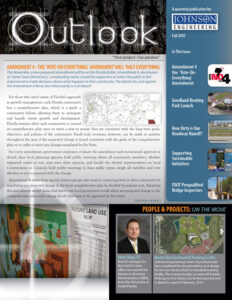 For those who aren’t aware of Florida’s approach to growth management, each Florida community has a comprehensive plan, which is a guide a community follows allowing them to anticipate and handle future growth and development. Florida statutes allow each community to amend its comprehensive plan once or twice a year to ensure they are consistent with the long term goals, objectives, and policies of the community. Small scale revisions, however, can be made at anytime throughout the year, if the requested change is found consistent with the goals of the comprehensive plan or in order to meet any changes mandated by the State.
For those who aren’t aware of Florida’s approach to growth management, each Florida community has a comprehensive plan, which is a guide a community follows allowing them to anticipate and handle future growth and development. Florida statutes allow each community to amend its comprehensive plan once or twice a year to ensure they are consistent with the long term goals, objectives, and policies of the community. Small scale revisions, however, can be made at anytime throughout the year, if the requested change is found consistent with the goals of the comprehensive plan or in order to meet any changes mandated by the State.
For every amendment, government employees evaluate the amendment and recommend approval or denial, then local planning agencies hold public meetings where all community members, whether registered voters or not, may voice their opinion, and finally the elected representatives on local Commissions or Councils hold public meetings to hear public input, weigh all variables and vote whether or not to proceed with the change.
Amendment 4 stems from special interest groups who want to control growth in their community by mandating any proposed change to the local comprehensive plan be decided by popular vote. Adopting this amendment would mean that before our local government could adopt any proposed change to the comprehensive plan, each change would first have to be approved by the voters.
This control over what happens in your community sounds, well…empowering…however as the amendment is currently written, it would entail conducting elections for each city and county government to gain voter approval for every single proposed comprehensive plan change. This would be required not just for major projects, but for minor technical details too – potentially requiring hundreds of separate voting items on a single ballot. These elections would not only burden our time, but would waste millions of taxpayer’s hard earned money, which would be better spent on other community needs.
This new procedure would cripple the existing planning process and compromise efforts to maintain the community’s budget documents and maps as required by state law. Other unintended consequences are the cost and time that would impair improvements of airports, hospitals, police stations, fire stations and schools. Our communities would be moving backwards economically; driving people, jobs and money to other states, all while increasing our property taxes and making it more expensive to live in Florida. If this amendment is passed, it will have extremely negative consequences for nearly every Florida business and government entity. Fewer jobs here in Florida means less work; less work means more layoffs and a severe effect on each one of us.
Today there are companies who want to move to our area and create hundreds of jobs for people in our community, but they are waiting until after November to move forward, in fear that Amendment 4 will pass. If it does, they will take their business to another state. Business owners are scared of the excessive time, cost and uncertainties passing this amendment would create. They would have to advertise, campaign, and wait for Election Day for any decisions to be made to move forward on their project. This is too much risk, a waste of time and money and would encourage them to take their business anywhere but to Florida. We can learn from failure of the three year pilot implementation of this Amendment in St. Pete Beach Florida, where the community lost numerous jobs due to the stagnated economy. One time supporters, who were lured in and sold on getting their say on growth, now oppose the measure after seeing their community nearly go under, as no growth caused a weak economy, fewer jobs and higher taxes.
As Americans, we have the power to vote for leaders to represent us and make decisions on our behalf. We have educated professional land planners, traffic engineers, environmental engineers and government staff working for us every day, studying and analyzing how one simple local change can impact the equilibrium of regional and state long term goals. Are the people in our community willing to fund these costly elections, then wait in lines and possibly spend hours at the polls voting on potentially hundreds of individual issues? Do they realistically have the time to sift through hundreds of pages of legal and technical studies to fully educate themselves and vote accurately on numerous proposed comprehensive plan changes for their community? If not, then the decisions approved through Amendment 4 could be based on misinformation from overzealous advertising for each proposed change, and misinformed decisions are not best for our community and future.
Florida’s planning process is not perfect, but the rules are designed to ensure the checks and balances of issues related to housing, transportation, land use, recreation, environment, schools and utilities through multi-agency review and coordination. The rules also consider protection of private property rights and facilitate public involvement to build up to informed decisions by our local elected officials based on facts and established criteria.
We recommend voters read Part II of Florida Statutes Chapter 163 to understand the rules that govern comprehensive planning in Florida to make an informed decision on Amendment 4. Armed with this knowledge on the existing rules and understanding of the unintended consequences of Amendment 4 for businesses, job losses, and taxpayer expense, the informed voter will vote NO on Amendment 4 in November.
 The opening of the much anticipated Goodland Boating Park in Collier County is good news for boaters, residents and businesses alike. Boaters launching from the park will be in close proximity to the Ten Thousand Islands and Everglades National Park. Residents will have a new green space to enjoy and businesses are counting on the boat park to help generate more business.
The opening of the much anticipated Goodland Boating Park in Collier County is good news for boaters, residents and businesses alike. Boaters launching from the park will be in close proximity to the Ten Thousand Islands and Everglades National Park. Residents will have a new green space to enjoy and businesses are counting on the boat park to help generate more business.






